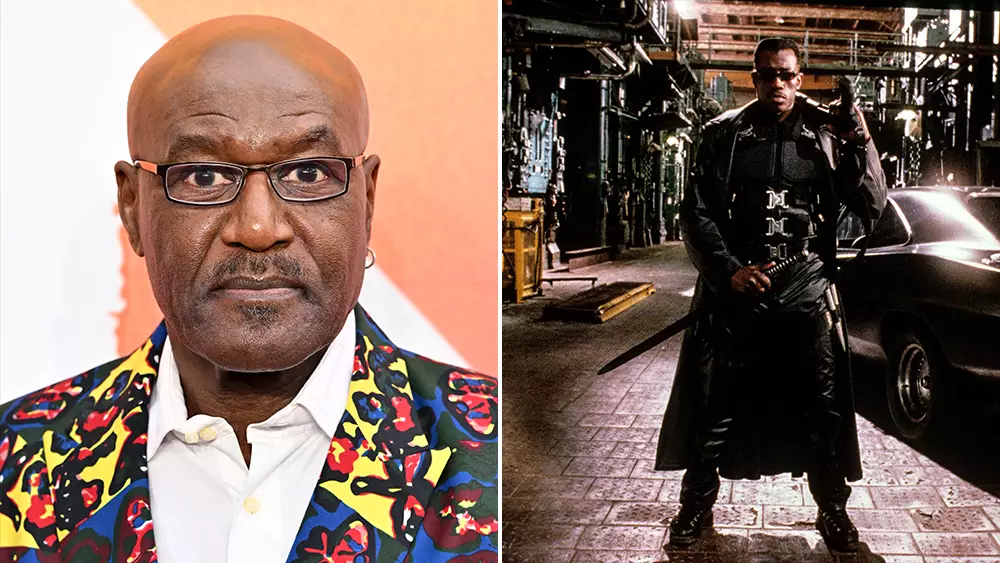Delroy Lindo’s recent remarks regarding Marvel’s long-anticipated Blade reboot echo the frustration felt by many who had high hopes for the project. Originally slated to bring one of Marvel’s most iconic characters back to the silver screen, the reboot has instead become emblematic of the pitfalls that can occur when good intentions clash with corporate realities. Lindo’s candid commentary paints a vivid picture of a project that began with promise but quickly veered off course, raising questions about the management of creativity in a franchise-driven industry.
The Vanguard of Inclusivity
Lindo described his initial involvement as remarkably inclusive, a bold step in an era where representation is more critical than ever. His discussions with producers hinted at a promising vision for Blade, where diversity wasn’t just a box to check but a guiding principle. The potential of introducing a “Marcus Garvey-esque” character—rooted in strong philosophical narratives and community leadership—could have positioned the new Blade in a culturally resonant space. Lindo’s exit raises concerns: how often do such inclusive visions crumble under industry pressure? It seems the very elements that could have made Blade groundbreaking instead became casualties in a world dominated by profit-driven decisions.
The Struggle Against Creative Stagnation
Marvel’s inclination to pivot amid reported creative differences speaks volumes about a larger systemic issue in Hollywood—projects too often become victims of corporate anxiety, muddled by conflicting interests. With multiple directors exiting the project, the sense of instability grows. Blade deserves better than being relegated to a laundry list of delays and strategic recalibrations. It’s not just about telling a story anymore; it’s about crafting a narrative that challenges, inspires, and resonates. The blunders surrounding this reboot could signal a diminishing faith in storytelling that engages deeply with socio-political themes, as Lindo’s vision hinted at.
The Reality of Corporate Controls
Kevin Feige’s assurances regarding Mahershala Ali’s portrayal might come across as comforting, yet they raise further questions. Does mere commitment equate to a coherent vision? In a landscape where monetary gains often overshadow artistic expression, can any genuine storytelling truly flourish? The Blade reboot has become the perfect example of a cautionary tale; it illustrates how corporate frameworks can stifle the very creativity that is celebrated in artistic circles.
Amidst the chaos, it becomes apparent that the stakes extend beyond the film itself. The struggles concerning Blade highlight a broader cultural dilemma: the responsibility of giants like Marvel to not just innovate for profit but to elevate narratives that deserve to be told. A project that once seemed poised to break new ground now stands as a stark reminder of what happens when creative integrity is compromised in the relentless pursuit of a commercial formula.


Leave a Reply